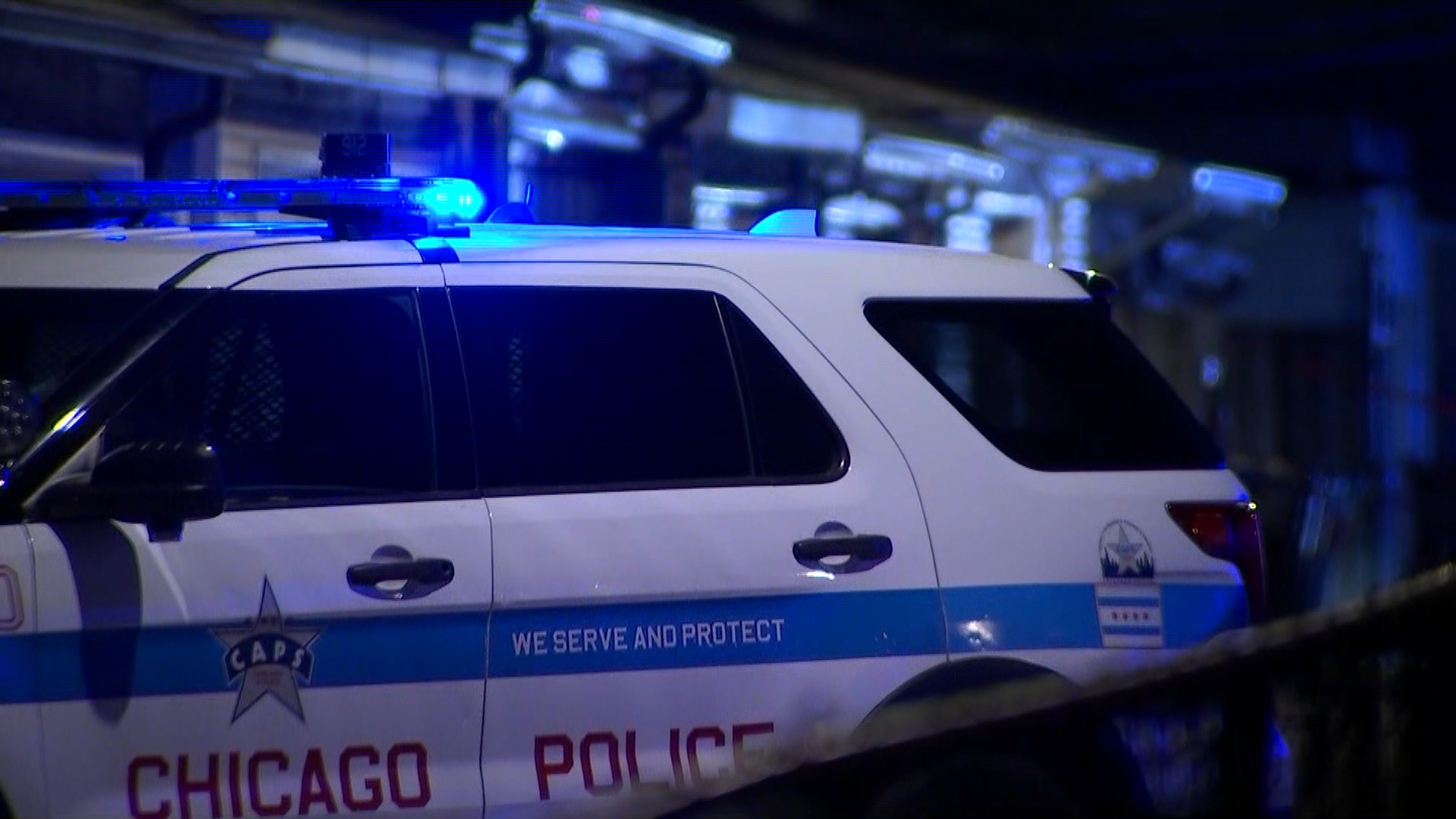Illinois Gov. J.B. Pritzker repeated claims Wednesday that the state won't hesitate to impose "additional mitigations" if a region reaches a set of metrics laid out by public health officials during the coronavirus pandemic.
"We're counting on city and county leaders doing what they know is right to protect their residents and we're counting on local residents to hold their elected leaders accountable," Pritzker said. "Demand that they take action early so regions don't have to undergo the challenges of staying at home or closing local businesses again."
Already, Chicago has announced plans to shut down indoor bar service and heighten capacity limitations or halt certain services to quell rising numbers.
At least one region in Illinois is "dangerously close" to seeing additional mitigations put in place as the Metro East saw an average seven-day positivity rate of 7.1% Wednesday.
"Yesterday, in the Metro East region, I sounded the alarm," Pritzker said.
Outside of that, the state's remaining 10 regions remain below a 5% positivity rate.
Under the mitigation plan announced last week, additional measures will be reinstated in a region following a sustained rise in the positivity rate along with either a sustained increase in COVID-19 hospital admissions or a critical reduction in hospital bed capacity.
News
Illinois health officials reported nearly 1,600 new cases of coronavirus on Wednesday and 23 additional deaths - numbers the governor called "very concerning."
According to officials, the 1,598 new cases Wednesday mark the highest daily rise for the month of July so far and bring the state’s total number of coronavirus cases to 165,301 since the pandemic began.
The additional deaths give the state a total of 7,347 fatalities related to the virus.
Illinois reported 39,633 tests within the most recent 24-hour span, an increase of roughly 10,000 tests from the previous day, which saw just under 30,000. Last week, the state set three daily testing records near the 40,000 mark.
According to the Illinois Department of Public Health, the rolling 7-day positivity rate increased very slightly, at 3.2 percent.
Pritzker said state numbers are now gradually rising following significant progress made across the state and continued to urge residents to wear masks.
"If there had been one national strategy employed by our federal government — like a national mask mandate — perhaps things would be different. But that hasn’t happened, and we can’t rely on that possibility," Pritzker said. "In the meantime, Illinois has set policies for itself, and we’ve seen real progress over these last four and a half months. But our numbers now appear to be gradually rising, and that’s very concerning."
He added that while the numbers are remain well below Illinois' neighboring Midwest states, including Wisconsin, Indiana and Missouri, things could change quickly.
"There are those who mistakenly think 'No problem! You can’t eradicate the virus — and our numbers are so low, we don’t need to do anything about it,'" Pritzker said. "To them I would say that in every one of the states like Arizona and Florida that are in full crisis mode now, it started with a gradual rise in the numbers. The best doctors in our state, who are some of the best in the nation, tell me that a gradually rising positivity rate is exactly when the exponential factors can take over. You can go from 3% positivity to Arizona’s 23% positivity in the blink of an eye. We’ve been there. Let’s not let that happen again."
Pritzker noted that while the state is in fact testing a record number of residents, "more testing does not cause rising positivity rates."
"If it sounds like I’m taking this extremely seriously, it’s because I am. And you should too," Pritzker said. "It’s imperative that we hold onto the success we’ve had against this virus."



